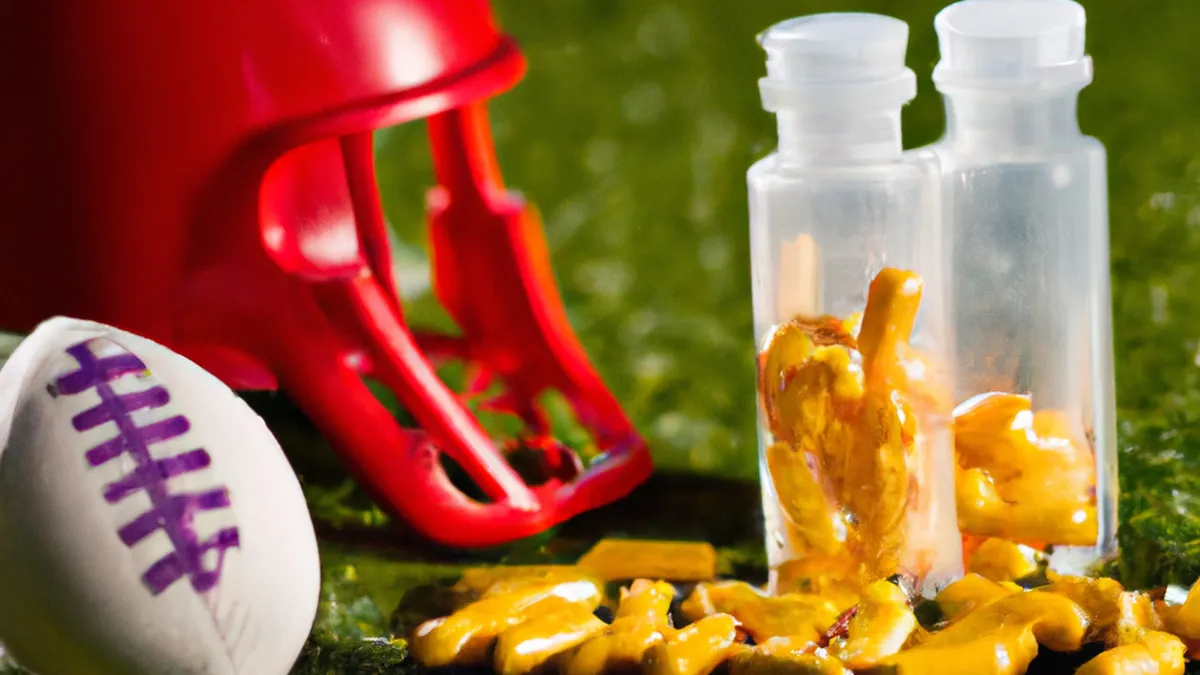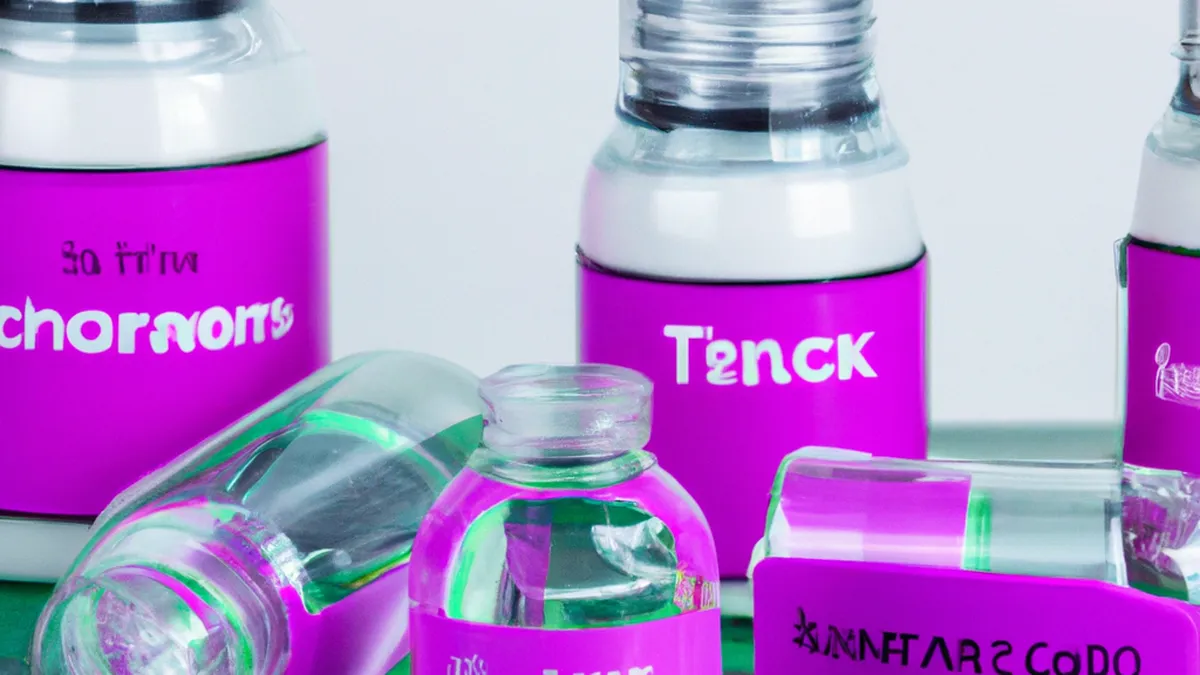Vitamin D: Your Secret Recovery Weapon
Vitamin D Strategies for RecoveryVitamin D aids recovery from illness, injury, or intense exercise. This nutrient supports immune function, reduces inflammation, and promotes bone health. This blog explores strategies to optimize your vitamin D levels for better recovery.
Understanding Vitamin D
Vitamin D is the “sunshine vitamin.” Your body produces it when sunlight hits your skin. Many people lack sufficient sunlight, especially in winter or low-sunlight regions. This deficiency can lead to health issues. You can boost your vitamin D levels in several ways to support recovery.
Get Some Sunlight
Sunlight exposure easily increases your vitamin D levels. Aim for 15 to 30 minutes of sun exposure several times a week. Spend time outdoors by walking, jogging, or engaging in outdoor activities. Go outside during midday when sunlight is strongest, typically between 10 a.m. and 3 p.m.Balance sun exposure with skin safety. If you stay in the sun longer, wear sunscreen or protective clothing after initial exposure to prevent skin damage.
Focus on Dietary Sources
Include vitamin D-rich foods in your diet to boost levels. Fatty fish like salmon, mackerel, and sardines provide excellent vitamin D. Egg yolks and fortified foods like milk, orange juice, and cereals also offer significant amounts.If you follow a vegetarian or vegan diet, choose fortified plant-based milks or mushrooms exposed to UV light for vitamin D.
Consider Supplements
If you struggle to get enough vitamin D from sunlight and food, consider supplements. Vitamin D supplements are widely available and effectively boost levels. Consult your healthcare provider to decide if supplementation suits you and to determine the correct dosage. Many experts recommend vitamin D3 (cholecalciferol) for optimal absorption.
Monitor Your Levels
Before changing your vitamin D intake, check your levels with a blood test. This helps you understand your current status and whether you need to act. If your levels are low, your healthcare provider can tailor a supplementation and dietary approach.
Tips for Maximizing Recovery
As an Amazon Associate I earn from qualifying purchases.
Gear tip: consider football, compression sleeves, and compression socks to support this topic.
Incorporating vitamin D into your recovery plan can significantly enhance results. Here are practical tips for optimizing your vitamin D intake to support recovery.
Conclusion
Vitamin D plays a vital role in recovery. Implement these strategies to enhance your recovery efforts effectively.
Below are related products based on this post:
FAQ
What is the role of vitamin D in recovery?
Vitamin D aids recovery from illness, injury, or intense exercise by supporting immune function, reducing inflammation, and promoting bone health. Its proper levels can significantly enhance recovery efforts.
How can I increase my vitamin D levels?
You can increase your vitamin D levels by getting sunlight exposure, consuming vitamin D-rich foods, and considering supplements if necessary. Aim for 15 to 30 minutes of sun exposure several times a week and include fatty fish, egg yolks, and fortified foods in your diet.
Should I monitor my vitamin D levels?
Yes, it’s important to check your vitamin D levels with a blood test before making changes to your intake. This will help you understand your current status and allow your healthcare provider to tailor a supplementation and dietary approach if needed.















Post Comment